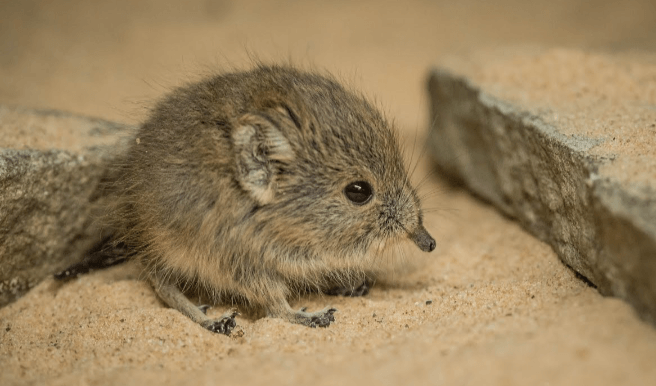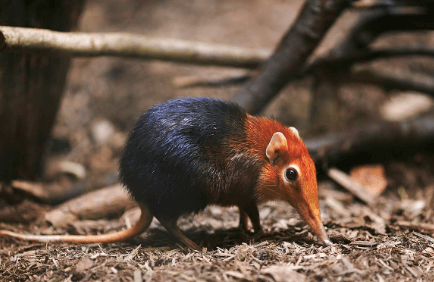Cute:9o26lr4edka= Elephant Shrew, a diminutive mammal indigenous to Africa, exhibits a fascinating blend of unique morphological traits and ecological significance. These creatures, with some species measuring up to 12 inches, are not only adept foragers but also play a critical role in their ecosystems, particularly in seed dispersal and soil health. However, their survival is increasingly threatened by habitat destruction and climate change. Understanding the complexities of their behavior and conservation status raises important questions about our relationship with biodiversity. What measures can be taken to ensure the continued existence of these endearing mammals?
Unique Characteristics
Elephant shrews, often overlooked in the animal kingdom, possess a captivating array of unique characteristics that distinguish them from other mammals.
Notably, they exhibit a remarkable size comparison to other small mammals, with some species reaching up to 12 inches long.
Their feeding habits are equally intriguing, as they primarily consume insects and fruits, showcasing their adaptability and resourcefulness in foraging.
Natural Habitat
Where do these fascinating creatures thrive?
The natural habitat of elephant shrews primarily consists of dense forests, savannas, and scrublands across various regions of Africa, where they find ample cover and resources to support their foraging lifestyle.
Their habitat preferences reflect their role in the ecosystem, as they aid in seed dispersal and soil aeration, contributing to the health of their environments.
Read Also Cute:5igxiekwbfa= Bear Cub

Conservation Efforts
Recognizing the ecological importance of elephant shrews, conservation efforts are increasingly focused on protecting their habitats and mitigating the threats posed by habitat loss, poaching, and climate change.
Effective conservation strategies emphasize habitat preservation, promoting sustainable land use, and enhancing community awareness.
Conclusion
In conclusion, Cute:9o26lr4edka= Elephant Shrew embodies a unique blend of charm and ecological significance, acting as a small yet mighty steward of African landscapes.
With their role in seed dispersal and soil aeration, these creatures serve as nature’s quiet architects, shaping the environment around them.
Ongoing conservation efforts are essential to safeguard their habitats from the looming threats of climate change and habitat destruction, ensuring that future generations can appreciate the delicate dance of life these remarkable mammals sustain.

